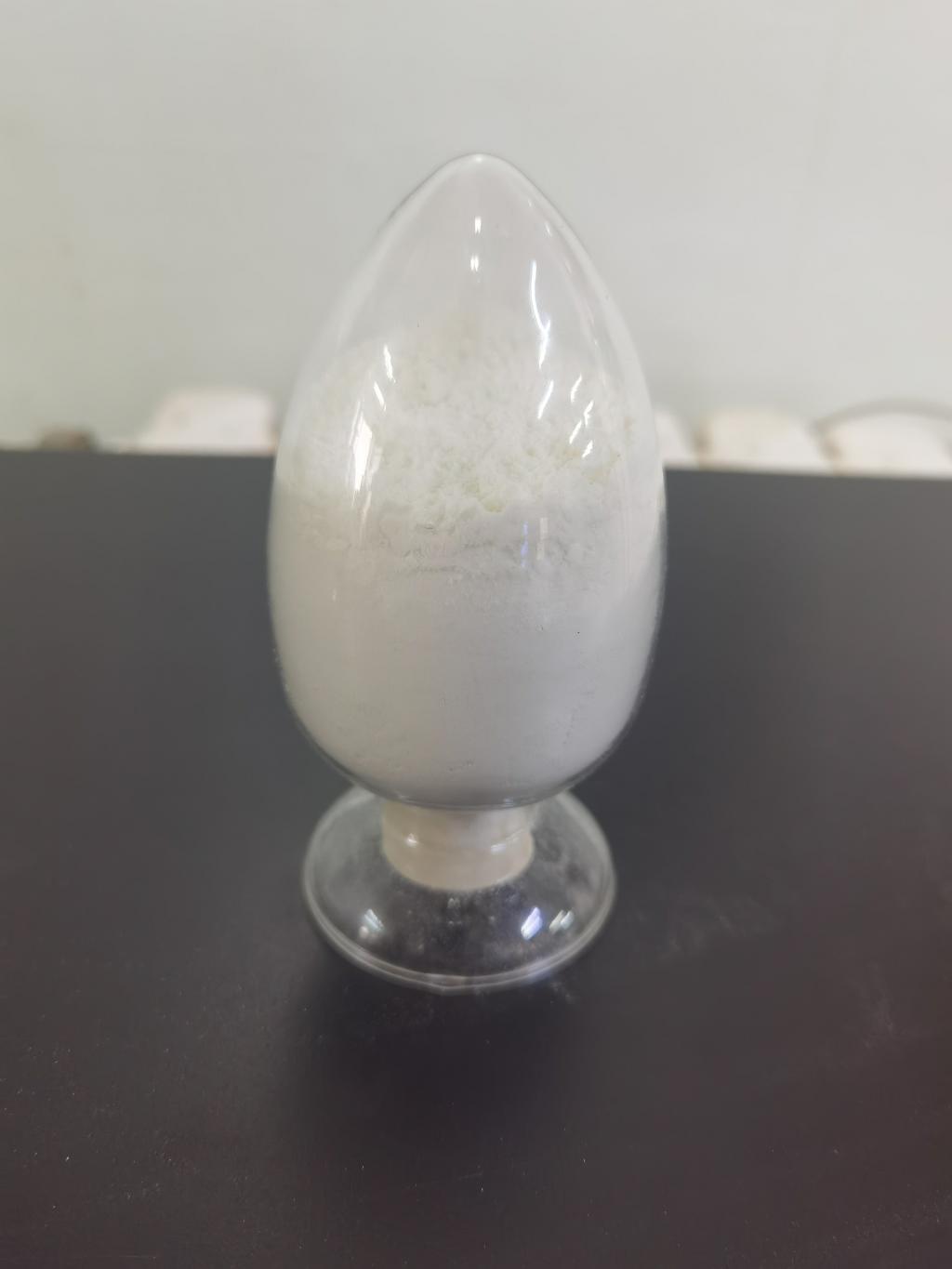Tel:0086 18231198596

News
ε-Polylysine Hydrochloride: A Natural Solution for Addressing Food Additive Concerns.
TIME:2023-09-12
Introduction
Food additives have long been a staple of the modern food industry. These substances serve a range of purposes, from preserving freshness and enhancing flavor to improving texture and appearance. However, as consumer awareness of health and wellness grows, so does concern about the safety of synthetic food additives. In response to these concerns, there is a growing interest in natural alternatives, and ε-polylysine hydrochloride is emerging as a promising candidate in this context.
ε-Polylysine Hydrochloride: An Overview
ε-Polylysine hydrochloride is a naturally occurring antimicrobial polymer produced through the fermentation of certain strains of bacteria, such as Streptomyces albulus. Comprising numerous ε-lysine amino acid units, this biopolymer forms long chains with inherent antimicrobial properties. Notably, ε-polylysine hydrochloride is generally recognized as safe (GRAS) by regulatory authorities, making it an attractive choice for natural food preservation.
Mechanisms of Action
The antimicrobial activity of ε-polylysine hydrochloride can be attributed to several key mechanisms:
Cell Membrane Disruption: ε-Polylysine hydrochloride binds to the negatively charged cell membranes of microorganisms, disrupting their integrity and leading to cell lysis.
Inhibition of Enzymes: This biopolymer can inhibit essential enzymes in microbial metabolism, impairing their ability to grow and reproduce.
Interference with Genetic Material: ε-Polylysine hydrochloride can interfere with the genetic material (DNA and RNA) of microorganisms, disrupting their ability to replicate and function.
Natural Food Additive Applications
The integration of ε-polylysine hydrochloride as a natural food additive offers several advantages:
Preservation: ε-Polylysine hydrochloride effectively extends the shelf life of food products by inhibiting microbial growth and spoilage.
Clean Labeling: As a naturally derived antimicrobial, it aligns with consumer preferences for clean-label food products.
Minimized Chemical Preservatives: Its use can reduce the reliance on synthetic chemical preservatives, promoting healthier and more natural food products.
Regulatory Status
ε-Polylysine hydrochloride has gained regulatory approval in several countries, including the United States and Japan. It is generally recognized as safe (GRAS) for use in food and beverage applications, reflecting its established safety profile. Compliance with existing regulations is essential for its responsible and lawful use as a natural food additive.
Benefits and Challenges
Benefits:
Food Safety: ε-Polylysine hydrochloride effectively inhibits the growth of pathogenic bacteria and spoilage microorganisms, enhancing food safety.
Natural Origin: As a naturally derived substance, it meets the growing demand for natural and minimally processed food products.
Extended Shelf Life: Its antimicrobial properties extend the shelf life of food products, reducing food waste and enhancing sustainability.
Challenges:
Consumer Acceptance: Consumer education and awareness are necessary to overcome skepticism and ensure acceptance of ε-polylysine hydrochloride as a natural food additive.
Regulatory Compliance: Food manufacturers must navigate complex regulatory requirements to ensure proper labeling and use of ε-polylysine hydrochloride in their products.
Cost Considerations: The production and incorporation of ε-polylysine hydrochloride may pose cost challenges for some manufacturers.
Conclusion
ε-Polylysine hydrochloride, derived from natural fermentation processes, offers a compelling solution to address concerns about synthetic food additives. Its inherent antimicrobial properties, combined with its regulatory approval and natural origin, position it as a valuable natural food additive. By effectively inhibiting microbial growth, ε-polylysine hydrochloride enhances food safety, extends shelf life, and supports consumer demand for healthier and cleaner-label food products. As the food industry continues to evolve in response to changing consumer preferences, ε-polylysine hydrochloride's role as a natural solution for addressing food additive concerns is poised to expand, contributing to the creation of safer and more natural food products.

 CONTACT
CONTACT




